Business
Dangote Refinery Saga: From Promises to Despair

Despite high hopes for local fuel production, a series of regulatory disputes, quality concerns, and market dynamics have emerged, posing significant challenges for Aliko Dangote’s ambitious project. The ongoing saga surrounding the Dangote Refinery has captured the attention of Nigeria and the broader African continent since its operational launch in January 2024.
Regulatory Disputes: Quality Concerns Raise Eyebrows
The Nigerian Midstream and Downstream Petroleum Regulatory Authority (NMDPRA) has raised serious concerns regarding the quality of diesel produced by the Dangote Refinery. Allegations surfaced that the refinery’s diesel contains higher sulfur levels compared to imported alternatives. NMDPRA’s CEO, Farouk Ahmed, stated that the refinery had not yet received its operational license, leading to fears of substandard fuel production.
In response, Aliko Dangote has vehemently defended the quality of his products, asserting that they meet international standards. He cited testing results from his refinery’s lab, indicating that locally imported diesel samples had higher sulfur content than his facility’s output. This back-and-forth highlights the tension between regulatory authorities and private enterprises, raising questions about the future of local refining in Nigeria.
Allegations of Monopoly: Competition Under Threat?
Amidst the quality concerns, accusations have emerged that Dangote is attempting to monopolize Nigeria’s diesel and aviation fuel markets. Critics argue that such control could threaten national energy security and stifle competition within the industry. This has sparked a broader debate about the implications of a single entity dominating a critical sector of the economy.
Prominent political figures have weighed in on the issue. Former presidential candidates Atiku Abubakar and Peter Obi have expressed concerns over the regulatory disputes. They emphasize the importance of supporting the Dangote Refinery, suggesting that undermining such investments could deter foreign direct investment, ultimately impacting Nigeria’s economic stability.
Government Support: Economic Implications of Local Refining
In a bid to stabilize fuel prices and enhance local production capabilities, the Nigerian federal government recently directed the Nigerian National Petroleum Company (NNPC) to sell crude oil to Dangote Refinery and other local refineries in naira instead of USD. This move is expected to alleviate foreign exchange pressures and create a more predictable economic environment for local producers.
The government anticipates annual savings of approximately $7.3 billion from this initiative, which could be redirected to bolster other economic sectors. By minimizing reliance on imported refined products, Nigeria aims to enhance energy security and create jobs within the local economy.
Operational Challenges: Sourcing Crude Oil
Despite government support, the Dangote Refinery has encountered significant operational challenges. Reports indicate that international oil companies have been reluctant to supply crude oil to the refinery, either refusing outright or charging above official rates. This has severely hampered its ability to operate at full capacity, raising questions about the long-term viability of the project.
The refinery’s struggles to secure crude oil highlight the complexities of Nigeria’s oil industry, where regulatory challenges and market dynamics often intersect. As the Dangote Refinery seeks to ramp up production, its ability to navigate these obstacles will be critical for its success.
Ownership and Market Dynamics
Amidst the ongoing disputes, Aliko Dangote has suggested the possibility of selling the refinery to the NNPC, reflecting his frustration with the regulatory environment. This statement underscores the tension between private investment and government oversight in Nigeria’s oil sector. The potential sale raises questions about the future direction of the refinery and its role in the national economy.
As the Dangote Refinery continues to grapple with regulatory hurdles and market challenges, its future will significantly impact Nigeria’s energy landscape. The government’s new agreement allowing NNPC to sell crude oil in naira is expected to stabilize fuel prices, but the actual impact will depend on the refinery’s operational efficiency and market response.
Navigating a Complex Landscape
The Dangote Refinery saga illustrates the complexities of Nigeria’s oil industry, where regulatory challenges, quality concerns, and economic implications intersect. As the country seeks to reduce its historical dependence on imported fuels, the outcome of this situation could have profound ramifications for its energy landscape.
The road ahead for the Dangote Refinery is fraught with challenges, but it also presents an opportunity for Nigeria to strengthen its domestic refining capacity. The interplay between government support, regulatory frameworks, and market dynamics will determine whether the refinery can fulfill its promise of transforming Nigeria’s fuel production landscape.
The ongoing saga of the Dangote Refinery encapsulates not only the challenges of local fuel production but also the broader economic aspirations of Nigeria as it seeks to establish a more self-sufficient energy sector. The coming months will be crucial in determining the future of this pivotal project and its implications for the Nigerian economy.







